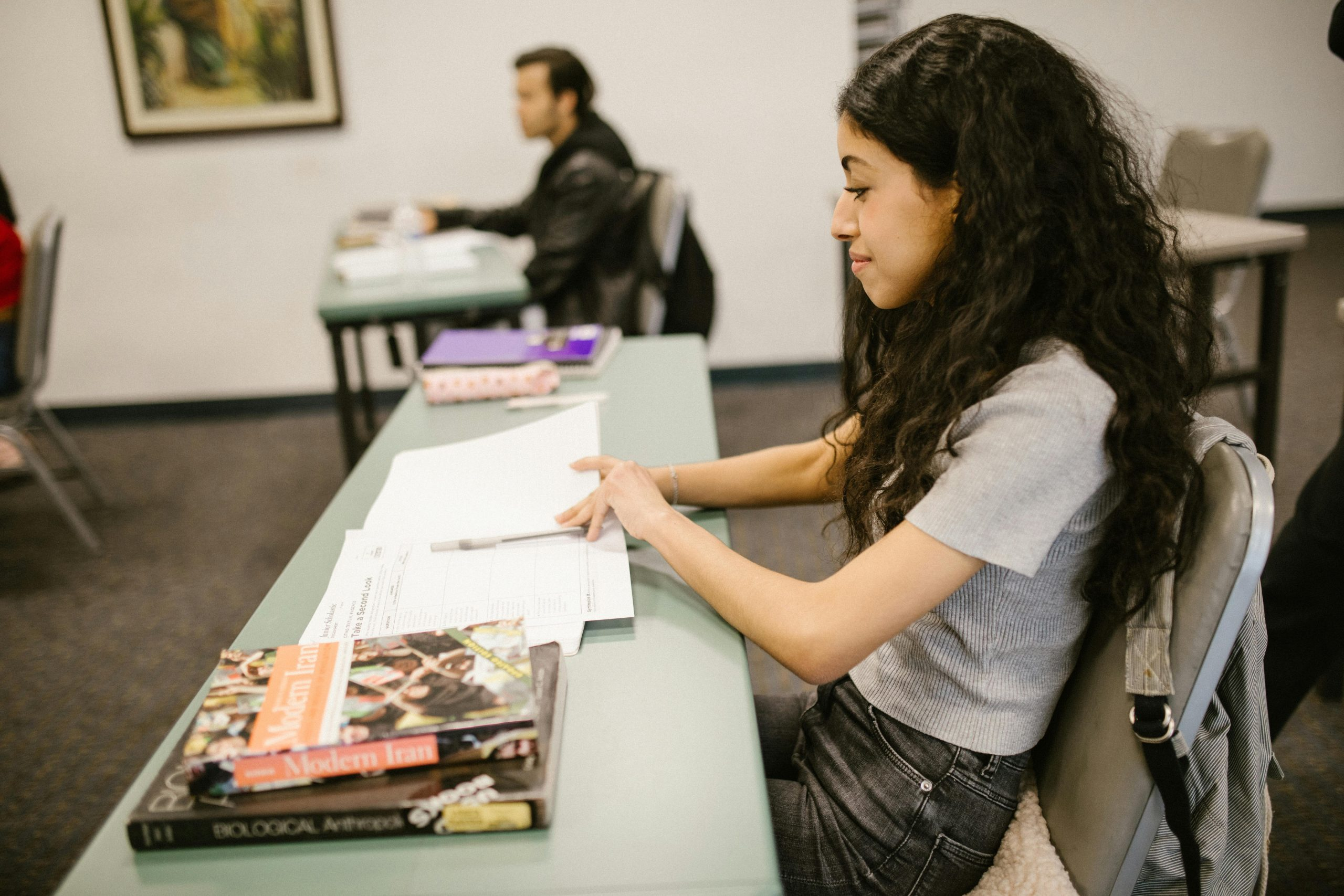Assessment Without Testing: Alternatives to Standard Exams
Assessment is an integral part of education, providing a measure of a student’s academic progress and performance. However, traditional forms of assessment, such as standardized testing, have come under scrutiny for their limitations and negative impact on students. As the education system continues to evolve, there is a growing recognition of the need for alternative methods of assessment that prioritize meaningful learning over test scores. In this article, we will explore the concept of assessment without testing and discuss some viable alternatives to standard exams that are gaining popularity in the realm of education.
The Limitations of Standardized Testing
Standardized testing has been the go-to method of assessment for decades, with its roots tracing back to the early 20th century. These tests, designed to measure a student’s knowledge and skills in a particular subject, are often seen as the ultimate evaluation of a student’s academic success. However, their effectiveness and fairness have been questioned by educators, researchers, and students alike.
One-Size-Fits-All Approach
Standardized tests rely on a one-size-fits-all approach, assuming that all students have the same learning style and educational background. This can be problematic as students have unique learning capabilities and may excel in certain areas while struggling in others. The use of a single test to assess all students does not accurately reflect their individual progress and potential.
Negative Impact on Teaching and Learning
Standardized testing can create a high-pressure environment for both teachers and students, leading to teaching that is focused on test preparation rather than meaningful learning. This can result in a narrow curriculum that does not foster critical thinking and creativity, which are essential skills for the 21st-century workforce. Moreover, the emphasis on getting good test scores can cause students to feel anxious and stressed, leading to a negative impact on their mental health and well-being.
Alternatives to Standard Exams
The flaws of standardized testing have sparked a conversation around alternative methods of assessment that are more effective, fair, and student-centered. Here are some alternatives to standard exams that have gained traction in recent years:
Project-Based Assessment
Project-based assessment involves students working on a meaningful project or task that requires them to apply their knowledge and skills to solve real-world problems. This method allows students to demonstrate their understanding of a subject through hands-on activities rather than a written test. Project-based assessment encourages critical thinking, collaboration, and creativity, making it a more effective measure of a student’s learning and growth.
Formative Assessment
Unlike traditional testing, which provides a final grade for a student, formative assessment involves ongoing evaluation of a student’s progress throughout the learning process. This type of assessment gives teachers and students an opportunity to identify areas of improvement, set goals, and measure progress over time. Formative assessment promotes a growth mindset, encouraging students to view mistakes as opportunities for learning and improvement.
Alternative Portfolios
An alternative portfolio is a collection of a student’s work that represents their learning and progress over a period of time. It can include various forms of work, such as written assignments, creative projects, and presentations. The use of alternative portfolios allows students to showcase their strengths and unique abilities, providing a more holistic measure of their academic performance.
The Future of Assessment
The education system is constantly evolving, and with it, the methods of assessment are also changing. As educators, it is crucial to explore and embrace alternative forms of assessment that are more inclusive, fair, and aligned with the goals of education. By shifting the focus from test scores to meaningful learning, we can create a more positive and beneficial learning experience for students.
Assessment without testing may not be a perfect solution, but it is a step towards creating a more equitable and student-centered education system. As we continue to search for effective ways to assess student learning, one thing is clear – the traditional methods of testing are no longer enough. It is time to embrace alternative methods of assessment that nurture the holistic development of students and prepare them for the challenges of tomorrow.










